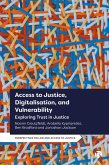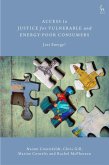
eBook, PDF
1. Juli 2021
Bloomsbury UK eBooks
eBook, ePUB
1. Juli 2021
Bloomsbury UK eBooks
Broschiertes Buch
A Comparative Study of Informal Justice in Europe
Softcover reprint of the original 1st ed. 2018
11. Januar 2019
Economic and Social Research Council / Palgrave Macmillan / Springer International Publishing / Spri
978-3-030-07653-5
| Gebundenes Buch | 104,99 € | |
| eBook, PDF | 105,95 € |
Gebundenes Buch
A Comparative Study of Informal Justice in Europe
1st ed. 2018
14. Mai 2018
Economic and Social Research Council / Palgrave Macmillan / Springer International Publishing / Spri
978-3-319-78806-7
Ähnliche Artikel

0,00 €
Erscheint vor. 08.07.25

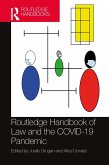
eBook, ePUB
16. Mai 2022
Taylor & Francis eBooks

eBook, ePUB
31. Oktober 2021
Cambridge University Press
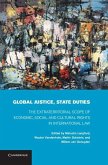

eBook, ePUB
29. Mai 2013
Taylor & Francis eBooks
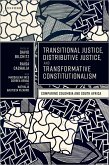
eBook, ePUB
28. November 2023
OUP eBook
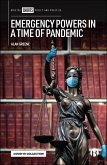
14,95 €
Sofort per Download lieferbar
eBook, ePUB
29. Oktober 2020
Bristol University Press
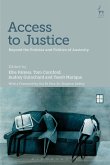
Ähnlichkeitssuche: Fact®Finder von OMIKRON

